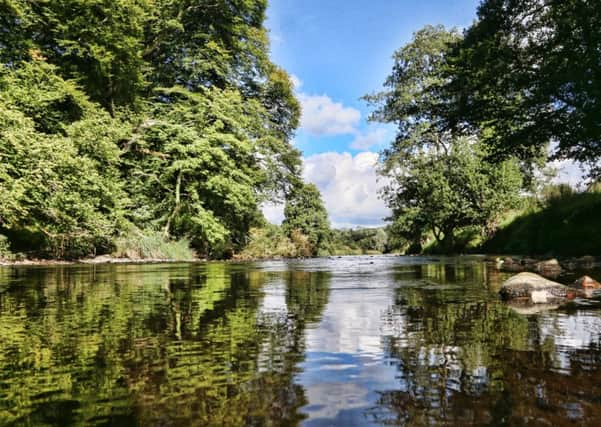Drumahoe landfilling grantedconsent afternon-response


Green MLA Steven Agnew has been asking questions about the landfilling at Stormont.
He asked how much waste was deposited.
The Minister replied: “Northern Ireland Environment Agency (NIA) has not estimated the quantities of waste deposited at the site.
Advertisement
Hide AdAdvertisement
Hide Ad“The regulation of the deposit of waste in 2002 was carried out by Local Councils under the Pollution Control and Local Government Order 1978.
“W&J Chambers Ltd applied for consent to discharge to underground stratum at 91 Glenshane Rd, Drumahoe, Londonderry on October 8, 2002. NIEA (then Environment and Heritage Service) consulted with Derry City Council on the application on May 20, 2003.
“Derry City Council did not respond to the consultation. NIEA therefore took the nil return to be no objection to the application and proceeded to grant the discharge consent on October 14, 2003 to underground stratum in respect of an inert landfill restricted to Category A waste types listed in Schedule 1.”
In response to another question from Mr Agnew, the Minister said that none of the waste used for the landfilling corresponded to the types of waste defined in the Waste and Contaminated Land (Northern Ireland) Order 1997.
Advertisement
Hide AdAdvertisement
Hide AdHe stated: “The Water (Northern Ireland) Order 1999 consent you refer to was issued by the Department for the purpose of ensuring no water pollution would arise from the land-filling of process materials within a small part of the site.
“None of these materials referred to for the purposes of this Water Order consent fell within any of the definitions of waste within the Waste and Contaminated Land (Northern Ireland) Order 1997. There is no contradiction or conflict with waste legislation in the colloquial use of the word ‘waste’ when issuing a consent under the Water (Northern Ireland) Order 1999.
“Following the issue of this Water Order consent Departmental staff regularly monitored the site to confirm that no materials other than those specified were being placed on site. Barring one minor breach which the company immediately rectified, this monitoring found no evidence of materials in breach of the consent or which would have fallen within the definition of waste contained within the Waste and Contaminated Land (Northern Ireland) Order 1997.”